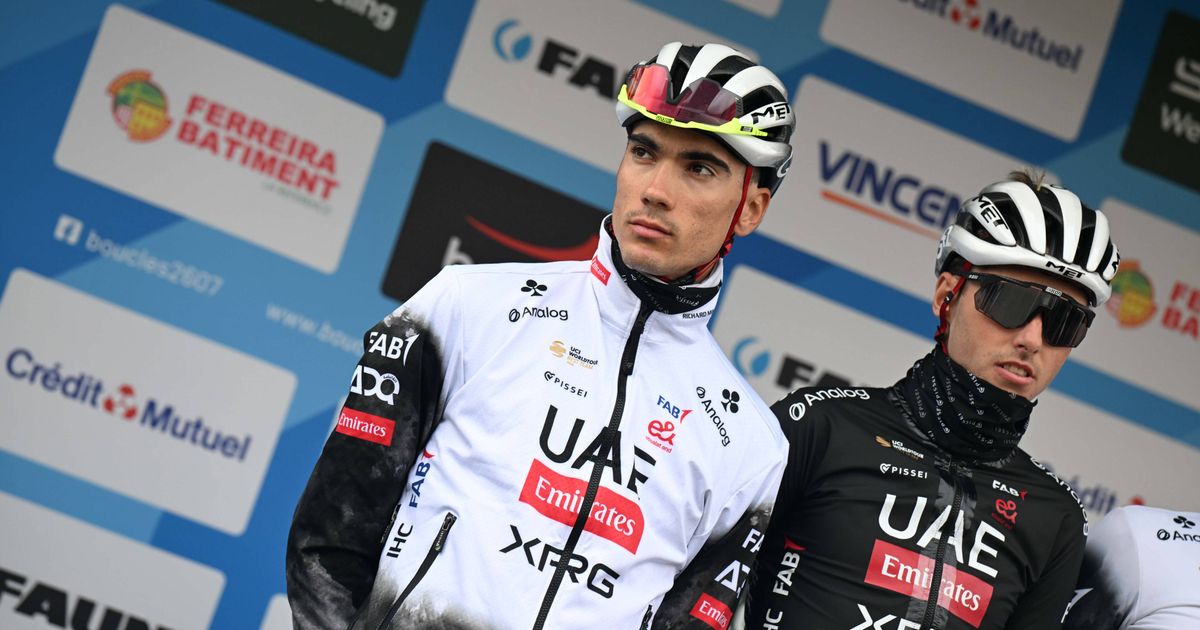Fallout in the spotlightUAE Team Emirates’ announcement of Ayuso’s impending exit during the first rest day of the 2025 Vuelta a Espana sparked a media storm. The rider, caught off guard by the timing, accused the team of “trying to damage my image” and described the internal culture as “a dictatorship” – comments that dominated headlines during cycling’s biggest late-season race.Ayuso’s frustrations reportedly stemmed from a deteriorating relationship with management, fuelled by uncertainty over his long-term role within a team built around Tadej Pogacar. Negotiations earlier in the year over a proposed contract extension to 2030 collapsed, and by late summer, both parties had agreed to part ways three years before the original deal was due to expire.
Matxin, however, played down talk of a toxic environment, suggesting that emotions had simply run high in the heat of competition. “You can have your opinion,” he explained. “But I don’t think you should express it in the heat of the moment to the media. Not everyone does things the way we’d like, or thinks the same way we do. These are life experiences that serve as lessons.”
From prodigy to rival
Ayuso will join Lidl–Trek from 2026 on a long-term deal, marking a major transfer coup for the American team and a significant reshaping of the GC landscape. With 16 career wins and eight victories already in 2025 – including stages at the Giro d’Italia and Vuelta a Espana, as well as the overall title at Tirreno–Adriatico – Ayuso is set to become one of Pogacar’s principal Tour de France rivals.
Matxin, though, was quick to praise the youngster’s potential, maintaining that the split should not overshadow Ayuso’s talent or achievements. “He’s going to be an outstanding cyclist,” he said. “He’s already one of the best in the world. I hope he wins races – just not against us.”
A reflection of modern cycling dynamics
The Ayuso saga has shone a light on the increasing tension within superteams like UAE, where multiple elite riders compete for leadership roles in Grand Tours. Balancing ambition, hierarchy and long-term development is proving an ever-greater challenge for managers like Matxin, who must juggle the egos and expectations of several world-class athletes under one roof.
For Ayuso, a fresh start at Lidl–Trek offers a chance to rebuild and to lead without the shadow of Pogacar looming overhead. For UAE, it represents the end of a turbulent chapter – one that may serve as a cautionary tale about how fragile relationships can become in the high-pressure world of elite cycling.
Still, amid all the noise, Matxin’s words carry a tone of respect rather than resentment – a reminder that even after one of the year’s most public fallouts, admiration and disappointment can coexist. “I’ve always wanted the best for him,” Matxin concluded. “Sometimes things don’t work out the way we hope, but I truly believe this decision was right for both of us.”

